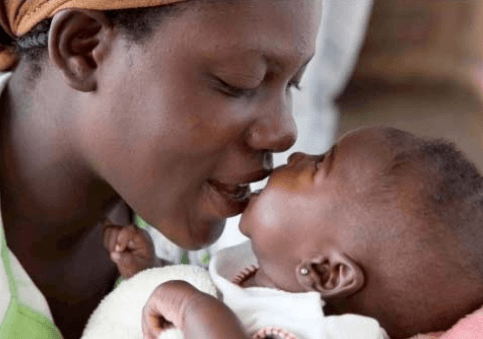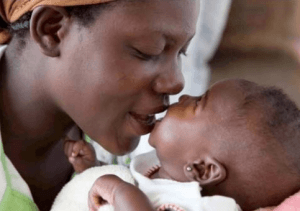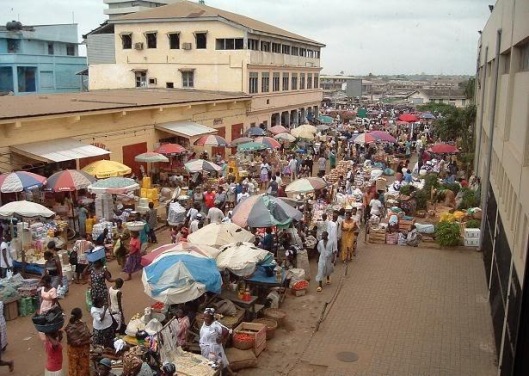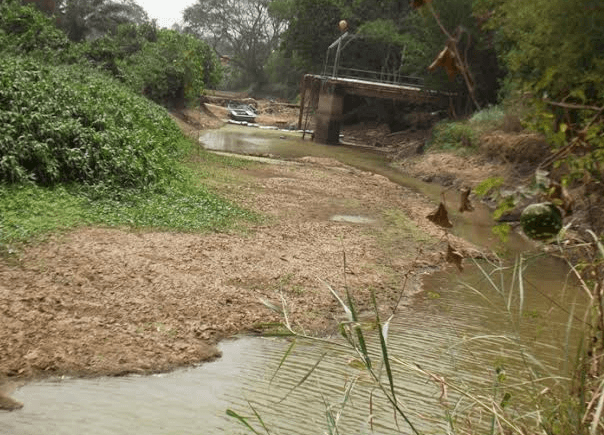

 Obstetric fistula remains a major complication at childbirth in Ghana, despite numerous efforts to prevent it, Dr Abraham Frimpong Baidoo, Programme Officer, Family Health Division, Ghana Health Service, said Thursday.
Obstetric fistula remains a major complication at childbirth in Ghana, despite numerous efforts to prevent it, Dr Abraham Frimpong Baidoo, Programme Officer, Family Health Division, Ghana Health Service, said Thursday.
He made the remarks at the opening of the 2024 “Commemoration of the International Day to End Obstetric Fistula” in Accra.
It was organized by the United Nations Population Fund (UNFPA) on the theme “Breaking the Cycle: Preventing Fistula in Ghana.”
Obstetric Fistula is a hole in the birth canal caused by obstructed labour, cancer, radiation therapy or surgical complications.
It causes urinary and faecal incontinence, genital infections, anaemia, and neurological symptoms of the lower limb.
According to the World Health Organization, Obstetric Fistula affects between 50,000 and 100,000 women worldwide each year, with two out of every 100 childbirths occurring in Ghana.
Dr Baidoo said about 30 percent of newborns are delivered outside of health facilities, which complicates problem, particularly in small communities and remote areas.
He said the condition held physical, social, and psychological implications for the affected women.
Dr Baidoo said while the government and development partners had implemented interventions such as decentralising strategic surgeries to repair cases and raise awareness, more was needed to prevent the condition through improved quality of care, nutrition, and family planning.
Mrs Rebecca Akufo-Addo, the First Lady, told attendees at the event that pregnancy and childbirth should be happy experiences for women, and malnutrition should be addressed.
“We must reduce incidence of early pregnancy which can pose complications that lead to fistula by intensifying sensitisation.
“The good news is that the condition can be permanently corrected with surgery and that to me is a call for optimism,” she said.
Mrs. Akufo-Addo added that her office has already committed to treating 20 women with fistulas and urged all stakeholders to support the initiative.
Dr Patrick Kuma Aboagye, the Director-General, Ghana Health Service, in a speech read on his behalf, noted that people with obstetric fistulas are often stigmatized due to a lack of understanding about the problem.
He emphasized the importance of transforming data into information for effective action in the current era of evidence-based healthcare and added that the Service was willing to work with other partners on data collection and analysis to improve women’s health.
National Programme Analyst, UNFPA Ghana, spoke on a seven-year effort launched by the UNFPA and partners to end obstetric fistulas by 2030, dubbed as the “Partnership to End Fistula in Ghana (PEFIG),” stating that 405,000 dollars had been collectively mobilised and used.
She said that 38 cases were repaired through partnerships between May and December 2023, compared to 12 cases between January and December each year.
Ms Gle said the vision of the partnership was to prevent, restore and create positive reproductive experiences for survivors in Ghana and to eliminate the condition in the country.
Ms Mariam Tuffuor, a survivor, said she started leaking urine two weeks after giving birth and had since worn diapers.
“That was draining me financially and I was always buying antiseptic and bleach to clean my surrounding every day.
“As if that wasn’t enough, I had a lot of infections too, lost my husband to another woman as a result of the awful smell around me and I also couldn’t go anywhere,” she added.
Source: GNA
The post Obstetric fistula is a major childbirth complication in Ghana appeared first on Ghana Business News.
Read Full Story
























Facebook
Twitter
Pinterest
Instagram
Google+
YouTube
LinkedIn
RSS